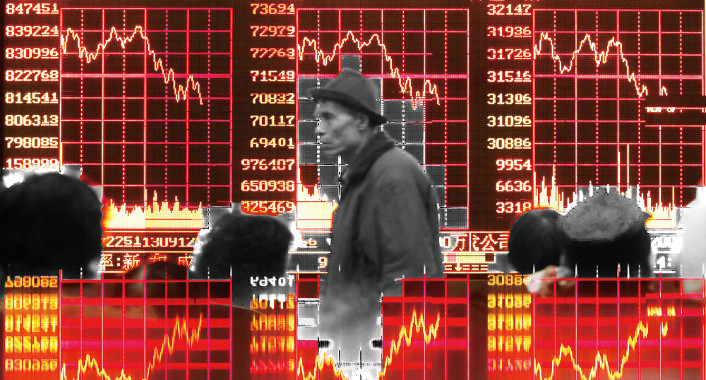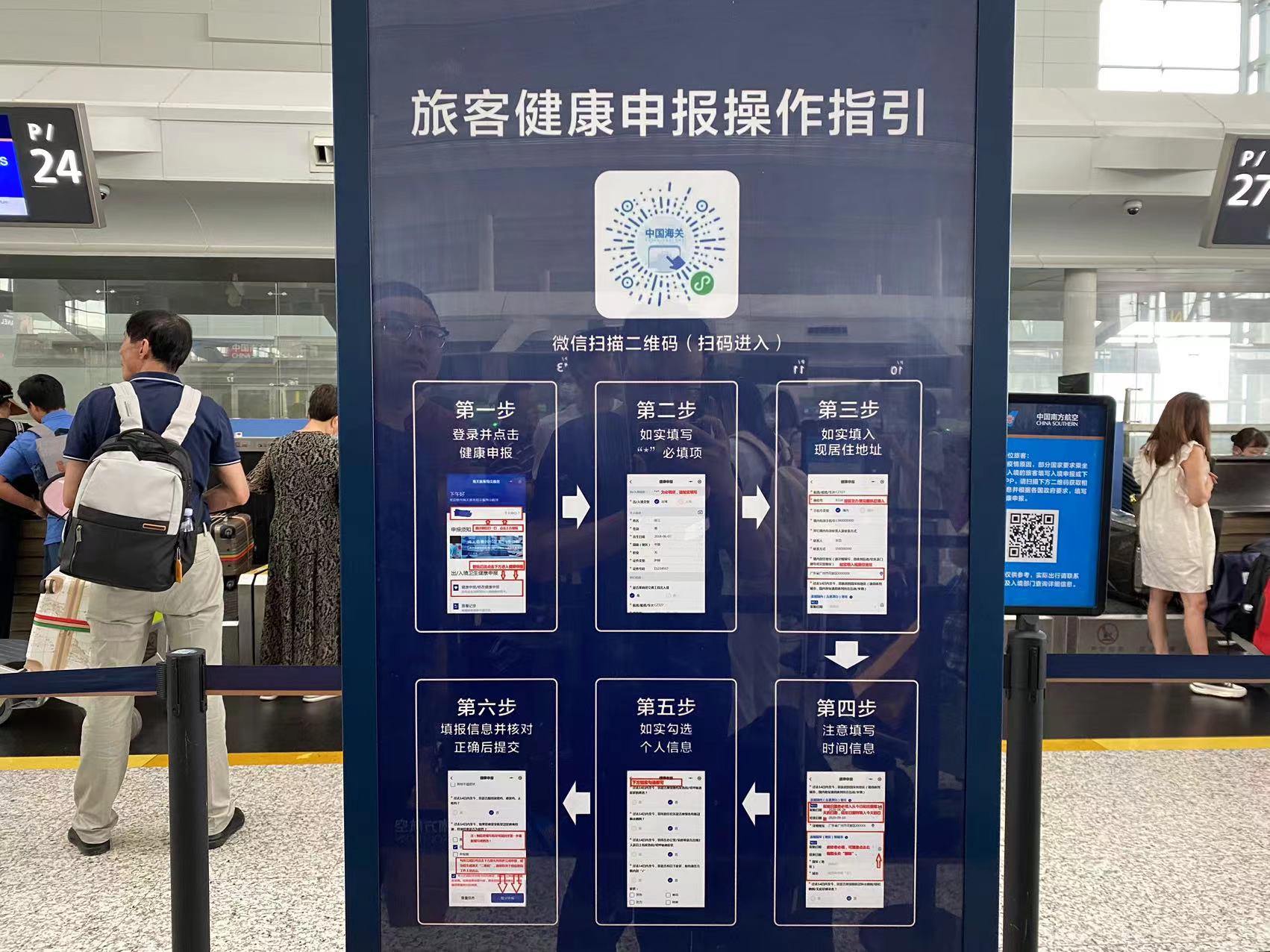It’s been dubbed “Black Monday” – the worst single-day stock-price fall in over eight years on the Shanghai Composite, and the trigger for last month’s global market crash. But while the effects of August 24 continue to reverberate across the world, many in China have been left confused as to the wider implications.
What has caused the sudden dip that saw trillions of yuan wiped from share prices – and how much should investors be worried?
China has over 90 million people with stock trading accounts, significant numbers of whom are first-time investors, whose life savings are – for better or worse – now tied up in shares.
To complicate matters further, the crash has been set against less than ideal economic conditions. China’s economy has enjoyed record levels of growth for 35 years, but with policy makers now warning of a slowdown, is the country’s economic miracle finally drawing to an end – or more pertinently, how much longer can we expect to enjoy 10 kuai bottles of Tsingdao?
To get some perspective on the crash and its likely consequences, we talked with Christopher Balding, associate professor of finance and economics at the HSBC Business School of Peking University Graduate School. What follows is an edited transcript of our conversation.
— China’s market crash saw stocks drop by as much as 8.5 percent, culminating in the worst month for the Chinese stock market since 2009. What led to the crash?
Like many crashes, I don't think anybody really knows. There were a couple of small announcements in advance of the crash, but there was nothing that would have obviously led to a drop of almost 10 percent. I know that’s an unsatisfying answer for everyone, but it’s really impossible to point to any one factor.
— What are policymakers doing to help boost the markets?
Essentially, what you want to do when trying to rescue a market is go in with overwhelming strength and power – and draw a line in the sand. The market needs to see that you are completely committed to doing something. But so far, Beijing has taken a less robust approach. The government – according to most widely cited estimates, though I tend to think it’s higher – has spent about RMB2 trillion since July on propping up the market. This is not an insignificant amount of money. The problem is, one day they appear to support the market – promising to prop it up, and the next day they appear to back off. Consequently, the markets have reacted by becoming volatile. I think this has caused real problems for policymakers trying to instil investor confidence.
— How likely is it that the markets will recover?
I think over the middle- to long-term, it’s going to face a significant amount of downward pressure. The Chinese market can be divided into two segments: there are the very, very large SOEs [state-owned enterprises], especially in financial and industrial sectors – like the Bank of China, that have a very low price-earnings ratio. And then there are the large number of stocks that have an incredibly high price-earnings ratio. Now, almost every indicator available suggests that the second segment is overvalued – especially if you factor in the state of the economy. And the market seems to be agreeing with that sentiment, because short of public buying, there doesn't seem to be any major investor interest in Chinese stocks. What this means for tomorrow’s index is anyone’s guess. But long-term, I think we’re going to see a lot of downward pressure.
— Should people be worried? What are the wider implications?
I don't think that the Chinese stock market bears any real relationship to the overall economy, and I don’t think there is much risk of the stock market effecting the economy. There is one very important caveat, however. There are currently about 500 Chinese firms that have suspended their trading. And the primary reason for this appears to be that those companies went out and borrowed money near the peak of the market, to budge their own stock. But when the stock market began to dip, these firms – who owed money with their stock as collateral – found they were unable to pay back the money, or provide more stocks, as required in their loan agreements. So they simply suspended their trading. Now, the most likely scenario is that these companies will have to default on these loans – and that is a very serious problem that could have significant knock-on effects.
— This period of market volatility comes against a backdrop of a slowing economy (China’s current target of 7 percent growth this year would be the country’s slowest in a quarter-century). Xi Jinping has termed this era the ‘new normal’ – to what extent are the two linked, and what does it mean for regular people living in China?
My read on it, is that the Chinese economy overall is under a pretty significant amount of pressure – from the manufacturing businesses themselves, to the subsidiary industries they help support. I’m hearing a lot of stories about factories closing, migrants returning to their home towns. This is a real challenge to the current leadership – and I think its driving a lot of the current focus in Beijing.
As for how this might effect ‘regular people,’ I think we’ll see fewer new migrants arriving in major cities; wages won’t rise so quickly; and jobs are definitely less secure. I think a lot of people right now are beginning to realize that double-digit growth cannot be indefinitely sustained.
What I don’t see much evidence of is an inflation threat. All evidence indicates that inflation is quite negative – it’s about 6 percent, while consumer inflation is around 1 percent. Of course that could change into the future depending on economic stimulus measures the government might take. Recent policy papers suggest we’re about to enter another period of infrastructure stimulus, especially at a local level. So expect lots of new airports, train stations and business centers.
> Christopher Balding is an associate professor of finance and economics at the HSBC Business School of Peking University Graduate School. A leading expert in sovereign wealth funds, he is the author of Sovereign Wealth Funds: The New Intersection of Money and Power published by Oxford University Press. His work has been cited by a variety of global media outlets including The Wall Street Journal and The Financial Times. His scholarly work has been published in such leading journals as the Review of International Economics, International Finance Review, and the Journal of Public Economic Theory on such diverse topics as CDS pricing, the WTO and the economics of adoption and abortion.






















0 User Comments